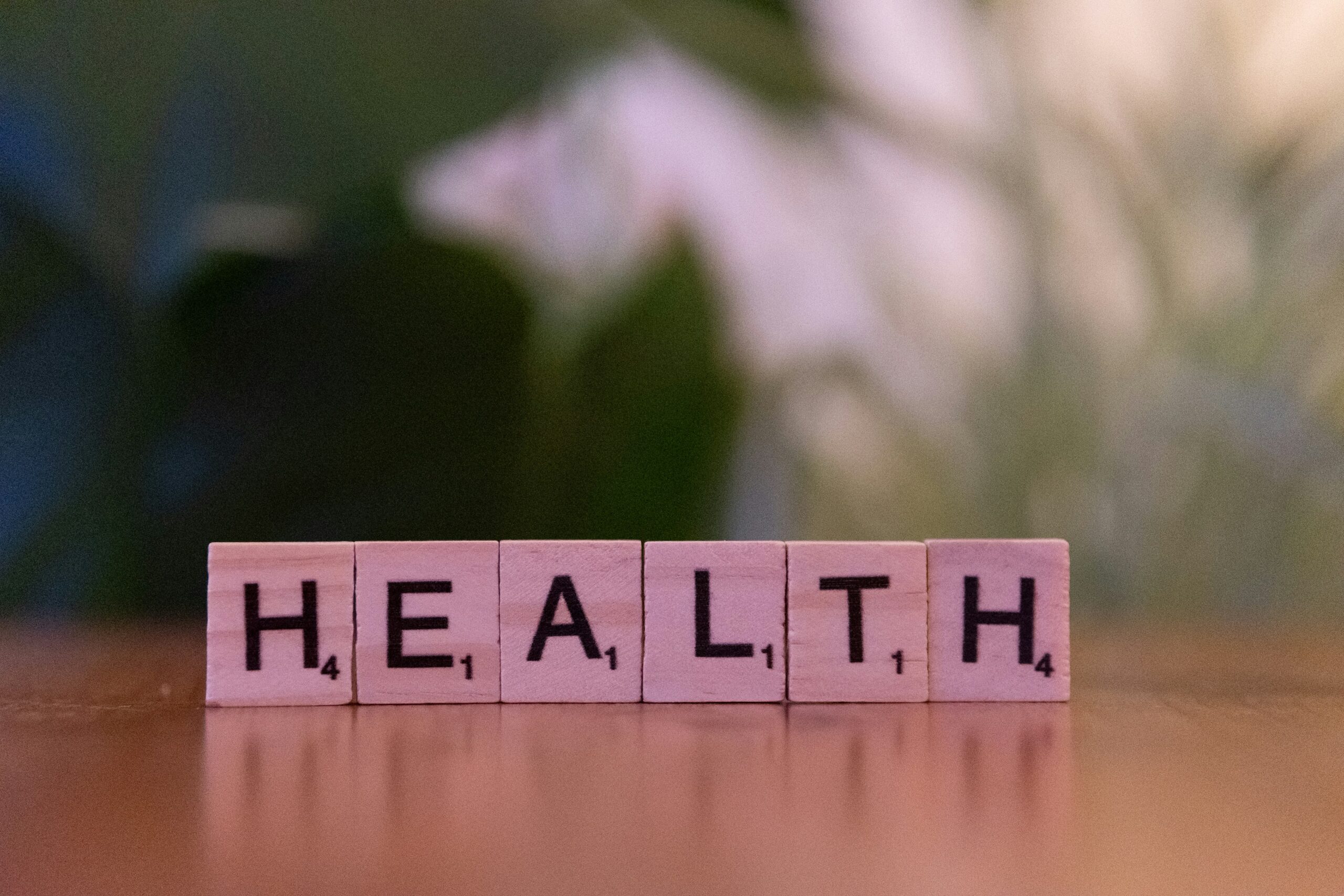Health Alert: 7 Hidden Causes of Weight Gain You’ve Never Heard Of
Introduction
In the world with calories, carbohydrates, and crays, the weight gain often drops into a simple equation: Eat less, move more. But what if the real story behind the scale is far more complex? What if your extension is not failure at the waist of the waist, but a quiet cry from your body is a reaction to a hidden health resolution that you have never considered?
Welcome to a deep conversation about health – a Fady is outside dietary and fitness trends. Behind every unexpected pound, every plateau in your weight loss, can have invisible powers in play. These are not the principles of myth or conspiracy – they are scientifically supported, and often ignore the guilty who interfere with the body’s natural balance, metabolism, and hormonal harmony.
Let’s peel the layers back and highlight the six hidden causes of weight gain, which you have never heard lie in complex health science, and each is more surprising than the last.
Table of Contents
1. Environmental Toxins: The Weight of Pollution
Imagine it: You eat clean, exercise regularly, and yet the scale refuses to move. Can you save the air you can breathe in the air or plastic container by secretly breaking your effort?
Enter obesogens – a class of environmental chemicals that interfere with the body’s metabolic processes and promote fat accumulation. Everything from pesticides and math packaging to household cleaners and personal care products was found, such as obesogens, such as estrogen interfere with the imitation of hormones and endocrine systems.
Bisphenol A (BPA), which is often found in plastic bottles and canned food, is one of the most notorious criminals. Studies show that BPA exposure can change fat development, increase insulin resistance, and give rise to abdominal overweight – even in low doses. There are similar effects of phthalates used in aroma and cosmetics.
But here is a dangerous truth: these chemicals do not just affect adults. Prenormal risk to obesogen can resume the metabolism of a developing fetus, which establishes the phase of lifelong weight conflicts. This new area of research emphasizes an important point: Health is not just about individual alternatives – it is also about the environment we live in.
To protect yourself, choose from glass or stainless steel containers, choose organic yield when possible, and read the label of personal care products. Your body – and your back.
2. The Sleep-Weight Connection: When Tired Equals Heavy
You’ve probably heard that sleep is important to health, but do you know that the lack of chronic sleep can increase weight directly?
When you wake up, it’s not about having several hours to snack. Poor sleep interferes with two large hunger hormones: leptin and ghrelin. Leptin indicates perfection, while Gruelin stimulates appetite. When you do not get enough sleep, the level of leptin, ghrelin spikes, falls, and your brain thinks it is hungry – even if you eat enough.
But the injury does not stop there. Loss of sleep also increases cortisol, stress hormones, encouraging fat storage – especially around the stomach. This interferes with insulin sensitivity, increases the risk of type 2 diabetes and promotes fat accumulation. And don’t forget the mental tolls: exhaustion reduces the will to will, making you more likely to reach for sugar, high-calorie foods.
A 2019 study published that adults who slept less than six hours per night had a much higher body mass index (BMI) than seven to nine hours. Researchers concluded that sleep is a variable risk factor for overweight – one that is often ignored in traditional weight loss programs.
If you struggle with weight, ask yourself: Are you really relaxed? Prefer sleep hygiene – cool, dark room, no screen before bedtime, continuous sleep plan. It’s not just about feeling healthy; This is about restoring your metabolic balance and protecting your long-term health.
3. Medications That Pack on Pounds
Many people do not feel that many pills can help gain weight to improve health. From antidepressants to beta blockers, a fantastic number of normal medications cause weight gain as a side effect.
Selective Serotonin Reuptake Inhibitors (SSRIs), which is widely prescribed for depression and anxiety, are known to increase appetite and slow metabolism in some patients. Beta blockers used for high blood pressure and heart conditions can reduce metabolic frequencies and cause fluid retention. Even some diabetic medications, such as insulin and sulfonylurea, promote fat storage in design.
It is then corticosteroid-powerful anti-inflammatory medications used for asthma, arthritis, and autoimmune disorders. These mimic cortisol, flooding the body with a hormone that encourages fat storage, especially in the face, neck, and stomach.
The irony is cruel: You take the medicine to handle the state of health, just to withstand new challenges such as being overweight, increasing the risk of heart disease, joint pain, and further metabolic dysfunction.
If you suspect your medicine is affecting your weight, don’t stop taking it. Talk instead with your doctor. Alternative treatments can occur with low metabolic side effects. Way always benefits to risk – and advocate a holistic approach to your health, not just symptoms.
4. Gut Microbiome Imbalance: The Bacteria in Your Belly
Within the digestive system, there is a movement of trillions of microorganisms in deep inside the digestive system – your intestinal microbioma. These small tenants play a major role in your general health and affect everything from immunity to mood. And yes, they also affect your weight.
Research suggests that overweight people often have fewer different intestinal microbiomes than lean individuals. Some bacteria, such as the company, are more effective for extracting calories from food, while others, such as bacteroids, are associated with Lenar profiles.
But it’s not just about what bacteria you have – this is about feeding them. High diet in processed foods, sugar and artificial sweeteners can starve beneficial bacteria and feed harmful people, leading to swelling, insulin resistance and fat storage.
Antibiotics, although it is a lifesaver, can also destroy the stomach. Even a single course can change microbioma for months, potentially determining the phase of weight gain.
Good news? You can rebuild the gut. Eat a diverse selection of fiber-rich plants, berries, leafy greens, and whole grains. Food such as yogurt, kefir, saukut, and kimchi introduces favorable probiotics. And consider a high-quality probiotic supplement recommended by health professionals intestine is not just a digestive body – it is a health center for health. Treat it with care, and your weight can naturally follow.
5. Chronic Stress: The Silent Saboteur
Stress is an unavoidable part of modern existence. Deadlines, site visitors, and financial issues—they all take a toll. But few realize that chronic stress is a primary driver of weight gain, specifically around the midsection.
When you’re stressed, your body releases cortisol, the “combat-or-flight” hormone. In quick bursts, cortisol is useful. But whilst it’s continuously multiplied—as it’s far in today’s usually-on subculture—it indicates your frame to store fat, specifically visceral fats, which wraps around your organs and increases the danger of heart disease and diabetes.
Cortisol also will increase cravings for excessive-fat, high-sugar foods—your brain’s erroneous attempt to fuel up for perceived danger. This is why strain eaters reach for cookies, now not carrots. Moreover, strain disrupts sleep, weakens immunity, and impairs digestion—all of which in a roundabout way, affect weight. It’s a vicious cycle: strain results in weight benefit, which results in negative self-image, which results in greater pressure.
The solution isn’t just to “relax extra.”It’s to build resilience. Practice mindfulness, meditation, or deep breathing. Engage in regular physical activity—now not as punishment, but as a remedy. Set obstacles. Seek assistance. Your mental fitness is inseparable from your bodily health. Remember: relaxed thoughts often end in a lighter frame.
6. Artificial Sweeteners: The Bitter Truth Behind the Sweet Lie
You reach for an eating regimen soda, happy with avoiding sugar. But should that 0-calorie drink be making you gain weight? Emerging studies suggest that synthetic sweeteners—like aspartame, sucralose, and saccharin—can also actually sell weight gain with the aid of confusing your body’s metabolic responses. When you taste something sweet but get no energy, your mind and gut get mixed signals. This can cause multiplied appetite, disrupted blood sugar regulation, and altered intestinal bacteria.
A 2017 overview in the Canadian Medical Association Journal found that long-term use of synthetic sweeteners was associated to increased risks of weight gain, obesity, and metabolic syndrome—despite their calorie-free promise.
Why? One theory is that artificial sweeteners desensitize your taste buds to herbal sweetness, making healthy meals like fruit much less attractive. Another is that they cause insulin launch even without glucose, main to insulin resistance through the years.
Instead of relying on chemical substitutes, retrain your palate.Enjoy the herbal sweetness of berries, carrots, or roasted squash.Drink water with a slice of lemon or cucumber.Your body doesn’t need faux sweetness to thrive—it desires real health.
7. Reclaiming Your Health: A Holistic Approach
The truth is that weight is not just a number on a scale. This is a reflection of your inner environment – your hormones, gut, sleep, stress level and risk of the world around you.These six hidden causes of weight gain reveal a powerful message: Health is not a checklist. It is a dynamic, mutual system. When some are out of balance, the whole body feels it.
Therefore, if you struggle with weight despite your best bet, do not blame yourself. Instead, look deep. Ask better questions. Do you sleep enough? Do you handle stress? What is your food, your water, your air?
Control where you can: eat whole, unbearable foods; Transfer your body with joy; Nutrition of your gut; Priority to rest; And reduce contact with toxins. Working with a health care provider who sees you as a whole person, not just a set of symptoms.Losing weight should not be war against your body. It should be a task with self-care-one investment in health.
Final viewing: Your body is talking – do you listen?
Your body is not broken. This answers – sometimes dramatically – for the signals received. The path for a healthy weight is not about limitation or punishment. This is about listening, understanding and treatment.By highlighting these hidden reasons, you are not just fighting for weight gain – you regain your vitality, your energy, and your life.
Real health is not just about how you look. This is about how you feel. And when your body is supported, balanced and honored, the rest will follow. So take a deep breath. You have just taken the first step towards a healthy, intelligent and more powerful. And there are more than any number on a scale.
1. Can lack of sleep really cause weight gain?
Yes, poor sleep disrupts hormones that regulate hunger (like ghrelin and leptin), increasing appetite and cravings for high-calorie foods.
2. How do environmental toxins affect weight?
Certain chemicals (like BPA and phthalates) are endocrine disruptors that may interfere with metabolism and promote fat storage.
3. Can stress lead to weight gain even if I eat healthy?
Yes, chronic stress raises cortisol levels, which can increase abdominal fat and alter metabolism, even with a balanced diet.










